Guidelines to Buying a Fire Pit
The popularity of fire pits is growing rapidly have become the most sought-after accessory to have in your backyard. The variety now available on the market today is seemingly endless, so finding the right one for you and your budget has never been easier.
First off, before you make any decisions, check with your local authorities regarding fire features in your area. There may operational requirements, and regulations regarding the type of fire feature, construction materials, dimensions, and location as well as restrictions on what can be burnt. Make sure you are aware of these before you spend your hard-earned money or start work!
Fire pits can be as simple or as elaborate as you want, or can afford. You may want to create a stunning landscape design feature or just recreate the campfire experience of childhood memories. Perhaps you just want to enjoy the use of your outdoor area when the nights get a lot cooler, after all, there is nothing like the warmth of a fire along with flickering flames to provide a cozy gathering place.
The two main decisions to make are whether to build a permanent fire pit or buy a portable one and whether to burn wood or gas. Choosing the style, material, and size of the fire pit may seem straightforward forward but it’s by taking into account the smaller issues such as functionality, convenience, maintenance, and safety that will ensure you end up with the perfect fire fit for you. The pros and cons are listed below to help you achieve this and avoid any pitfalls! (sorry, just could not resist it!)
Choosing the right spot for your fire pit and safety concerns.
Safety should be your main concern when figuring out where to locate your fire pit. Your local code may have specific criteria so make sure you are fully aware of the details!
Generally speaking, they must be placed in an area away from overhanging trees, bushes, or any other combustible materials, structures, buildings, or walls. Debris that can easily catch fire or organic material such as leaves, pine needles, and dry grass needs to be cleared from an area at least 10 feet from the fire pit.
Both permanent or portable fire pits should only be placed on top of fire-resistant surfaces. A layer of gravel or paved area surrounding the fire pit will also help prevent the fire from accidentally spreading.
By placing the fire pit away from the flow of traffic and raising the fire pit from the ground you will make it hard for anyone to accidentally walk or fall in.
Choose a location for the fire pit that will reduce as much as possible the effect of smoke on neighboring properties, or even your own or that matter. If this is an issue then go with a gas-burning fire pit as they do not emit smoke.
If children are a factor, incorporate a barrier such as a low wall surrounding the pit that will ensure they are kept a safe distance from the flames. Some portable fire pits are designed with a protective glass or Pyrex shield. This also helps limit the wind’s effect on the flames.
For wood-burning fire pits always use a safety screen. They come in various shapes and sizes and will help contain sparks and flying embers. Some models are sold with them, however, if you are building a fire pit make sure you incorporate a screen into the design.
Materials used in fire pits should be carefully considered. Porous stone, non-treated river rocks, and even cinder blocks should not be used inside a fire pit. When placed near intense heat, they can explode. Standard building bricks will eventually crack and need replacing over time. To prevent this fire pits should be lined with fire-rated materials such as firebricks or thick steel rings. Use fire-rated mortar. Adhesives are not advised as when heated they can give off unhealthy fumes.
Wood vs. Gas burning
Convenience – The advantage of gas is that you can have instant flames with no effort. There is no preparation required and best of all, nothing to clean up afterwards. Burning gas does not produce smoke so it is ideal for locations where this may be an issue. Unless you have gas lines to your fire pit you will have to change the gas tanks when empty but if you are burning wood then you will require a stockpile of logs. You will also have to build a fire before lighting it, keep it stoked, extinguish it, and then finally clear out the ashes. More work perhaps, but for some people, the smell of burning wood, the sounds of a crackling fire, and all the memories these evoke more than make up for it.
Safety – Gas-burning fire pits do not produce sparks or flying embers and have a flame that you can control. When you switch off a gas fire pit at the end of the evening you know the fire is completely extinguished. Wood-burning fires require a bit more care and attention before retiring to bed with peace of mind. Many gas-burning models come with glass or Pyrex shields. This safety feature not only helps protect those gathering around from the flames by creating a barrier it also reduces the effect the wind has on the flames. As for wood-burning fire pits, use a safety screen to reduce sparks and embers, and only use dry seasoned wood.
Maintenance – This depends on the material it is made from and the fuel it uses. Gas fire burners and valves must be cleaned regularly to avoid blockages by insect nests and dirt buildup. Although this is easy to do, it is advisable to get them inspected every so often by a professional. A well-built wood-burning fire pit should require very little maintenance over the years other than emptying it of ashes. If you are using it for cooking then additional cleaning may be required to remove the build-up of grease and residue. Some metal fire pits will require further maintenance to keep them rust-free and looking their best. Using a weather-resistant cover is a good idea to increase longevity.
Aesthetics – fire pits of any kind are an attractive addition to any backyard or patio. Gas fireplaces are great if you are leaning toward a more contemporary look. You can cover the burners with lava rocks, treated tumbled river rocks, fireplace logs, or fire glass. Fire glass comes in an amazing array of colors, it can provide the impact that takes your fire pit to a spectacular level.
Ecological impact – fire pits may be magical but there is no avoiding the fact that they are used more for pleasure than necessity. So if their ecological impact is important to you, choose natural gas and propane as they are clean burning. After all there is no doubt that wood smoke is a pollutant.
Permanent vs. Portable.
Portable fire pits offer the most flexibility and versatility come in a variety of shapes, sizes, and materials, and can meet almost any budget requirement. They can range from small portable campfires you can take with you on vacation to full-size outdoor dining fire tables. They can be fuelled by burning wood, natural gas, propane or gel. The main advantage they have over a permanent one is that you can reposition them whenever you need or want to. You can even take them with you if you move house.
camping fire pit – Not only can you set one of these up in the backyard anytime you fancy a campfire experience you can also pack it up and take it with you when you go camping for real. Collapsable legs and a carrying case make this very easy. Don’t forget to take the safety screen with you to contain flying sparks.
Chimenea – These are perfect for use on patios or in small spaces. They have the advantage of a chimney that channels smoke up and away from guests. The more traditional type only open to one side, ideal for the edge of a patio. More modern designs can provide 360º heat, however purists would not call these chimeras.
Fire bowls – The term fire bowl covers a wide range of designs and can be made from many different fire-resistant materials. They are not always necessarily round either, they come in many different shapes. Some are designed on a stand or have legs to raise them off the ground. Others can simply be embedded in the ground or a structure or placed atop a plinth or pedestal for maximum impact. Many models even come with a cooking grate so you can use them for grilling.
Fire tables – These are tables and fire pits all in one. They combine the qualities of two of the most favored social hubs of the home. The warmth of the fireside with its mesmerizing flames and the dining table around which families and friends gather to enjoy a meal, chat, laugh, gossip, etc. Coffee table fire pits create a centerpiece for the more relaxed seating/lounging areas of your outdoor space. The perfect hang-out spot. Some fire dining tables can even come with cooking accessories for the ultimate entertainment experience.
Outdoor grilling – Using a fire pit for cooking can be easily achieved by placing a grate over the top. However, there are fire pits available that are designed to cater to more ambitious culinary requirements while still providing the best qualities of a fire pit for all to enjoy.
Permanent fire pits are fixed structures, either built in place using long-lasting materials such as bricks and mortar, rocks and stone, or are so heavy that moving them is not an option. You have the advantage of being able to design them to blend in with your existing patio or yard, even matching the materials already in place. The only limitation of this is your imagination.
If you don’t have the budget or building skills for elaborate projects then the easy option is to buy a pre-designed permanent fire pit kit that you can easily put together yourself.
If even that is more than you fancy doing then buy a ready-made fire pit.
Simple and inexpensive wood-burning fire pits can be built in the ground using the now classic method found in campsites and parks today. It’s as easy as 123.
1-Dig a hole in the ground.
2-Add gravel and sand for drainage and to provide a level base.
3-Line it with a metal ring to help contain the flames and focus the heat.
Some local authorities only allow fire pits that are raised off the ground, so please check first!! Root fires are a concern so don’t forgo the gravel and sand layer. Some local authorities insist on a base of 25cm if the fire pit is not sitting directly upon a rock outcrop!
If you have decided to burn gas then you can either run gas lines to the fire pit or incorporate a propane tank into the design, preferably concealed. We strongly suggest using a certified technician when connecting natural gas or propane to any fire feature. Gas fire pit kits come in all shapes and sizes. You can buy burner kit to incorporate into your design or an entire structure that comes ready for you to apply your finish of choice.
Using safely:
There are a few common sense rules to enjoying your fire pit safely.
Never leave the fire unattended.
Do not use in windy conditions.
Use a safety screen which will help keep down the flying embers and sparks.
Lay down strict rules for children and ensure they abide by them.
Do not leave children unsupervised in the area.
Keep an eye on friends that may have had a few too many, they may require as much supervision as the children!
Keep a bucket of water, sand or an extinguisher handy.
Always make sure the fire is completely extinguished before you go to bed.
Matched Search: fire pit tables
Home Design Ideas
#Guidelines #Buying #Fire #Pit


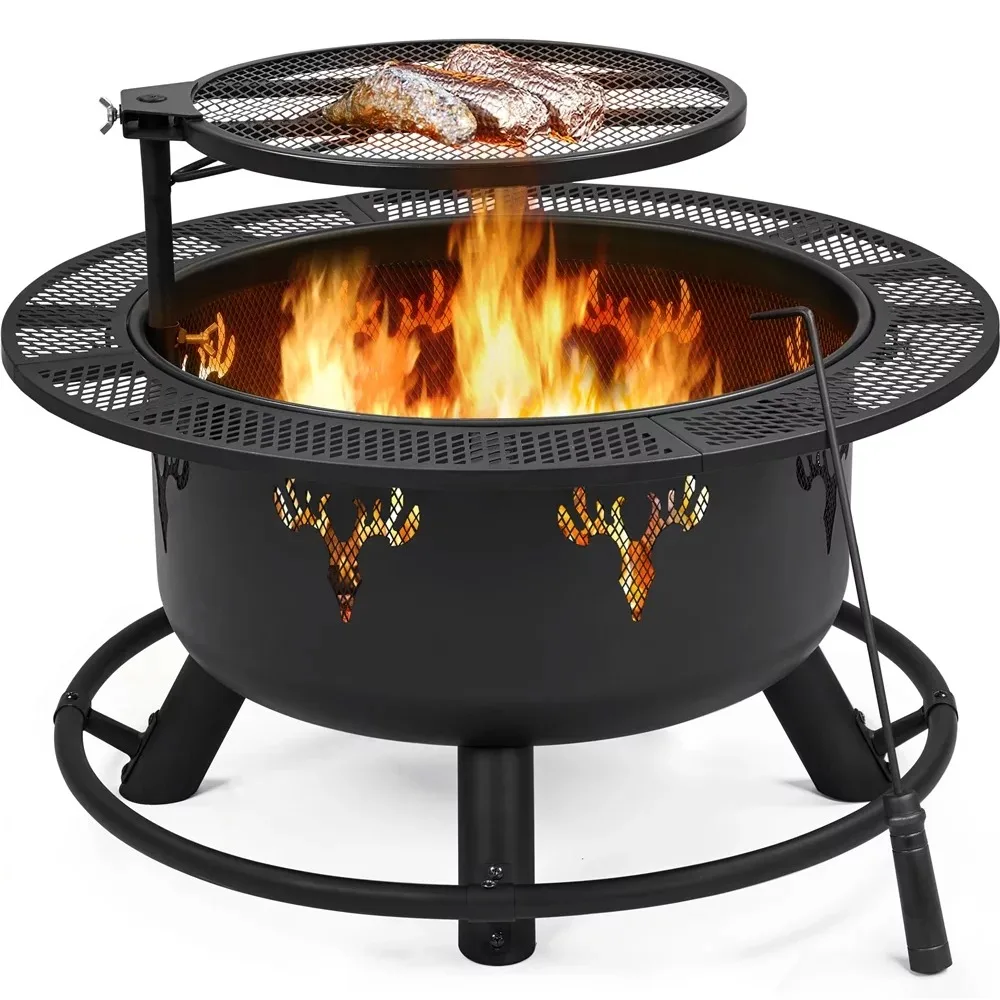
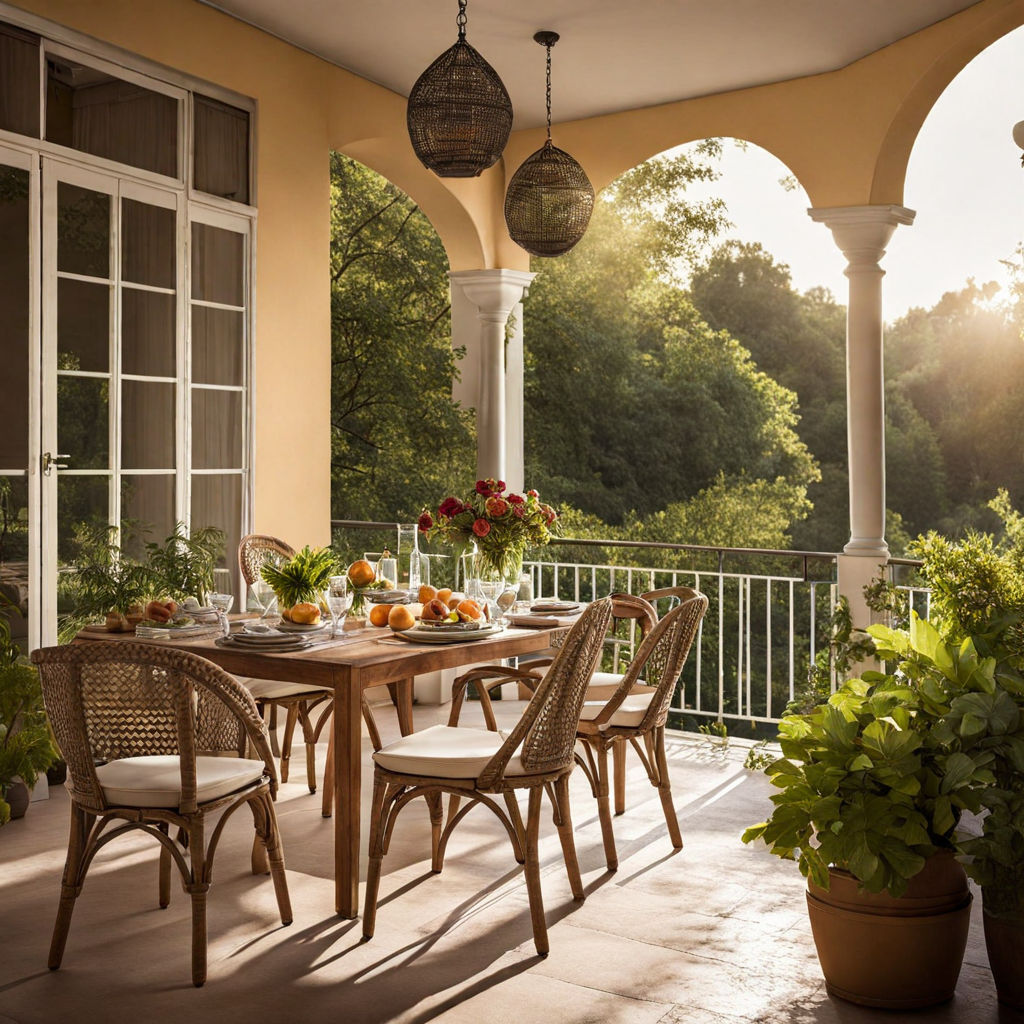
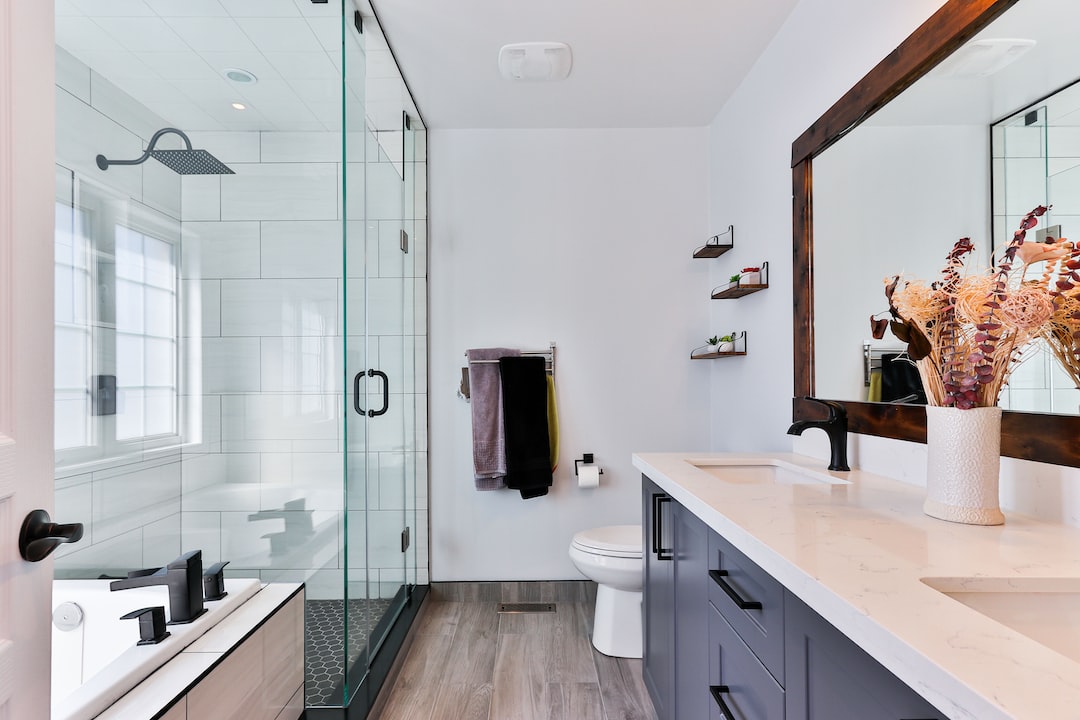
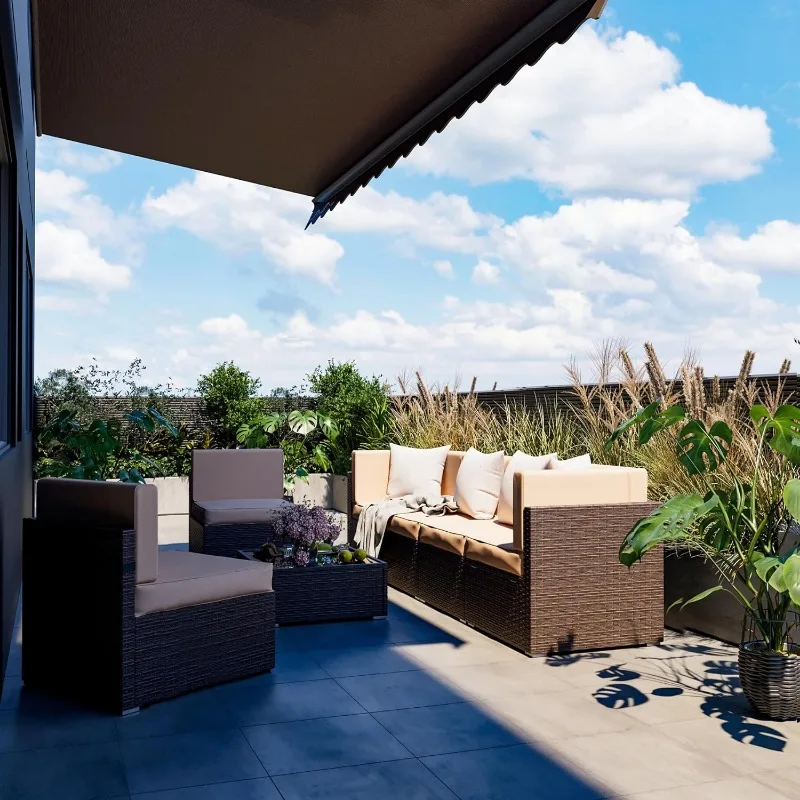

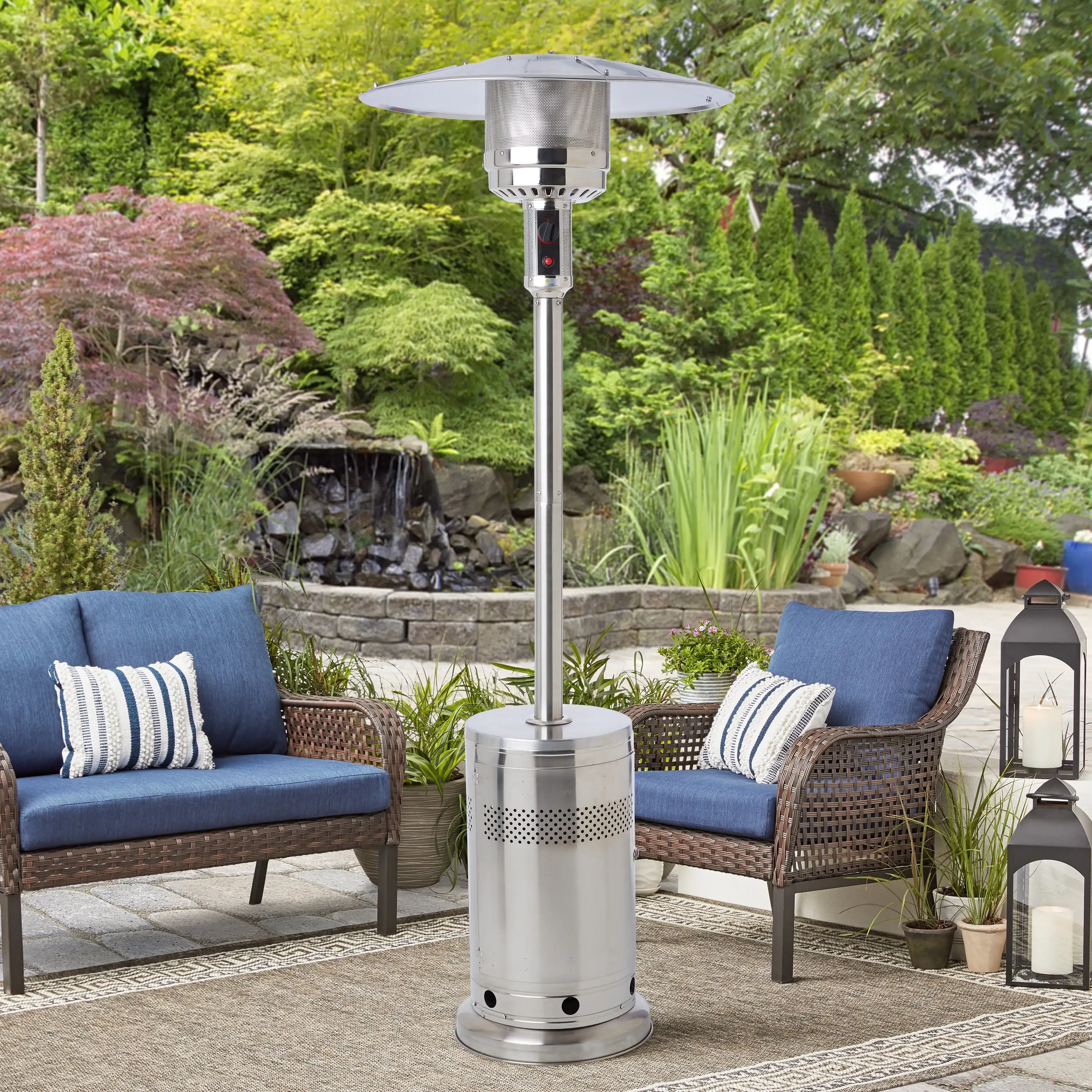

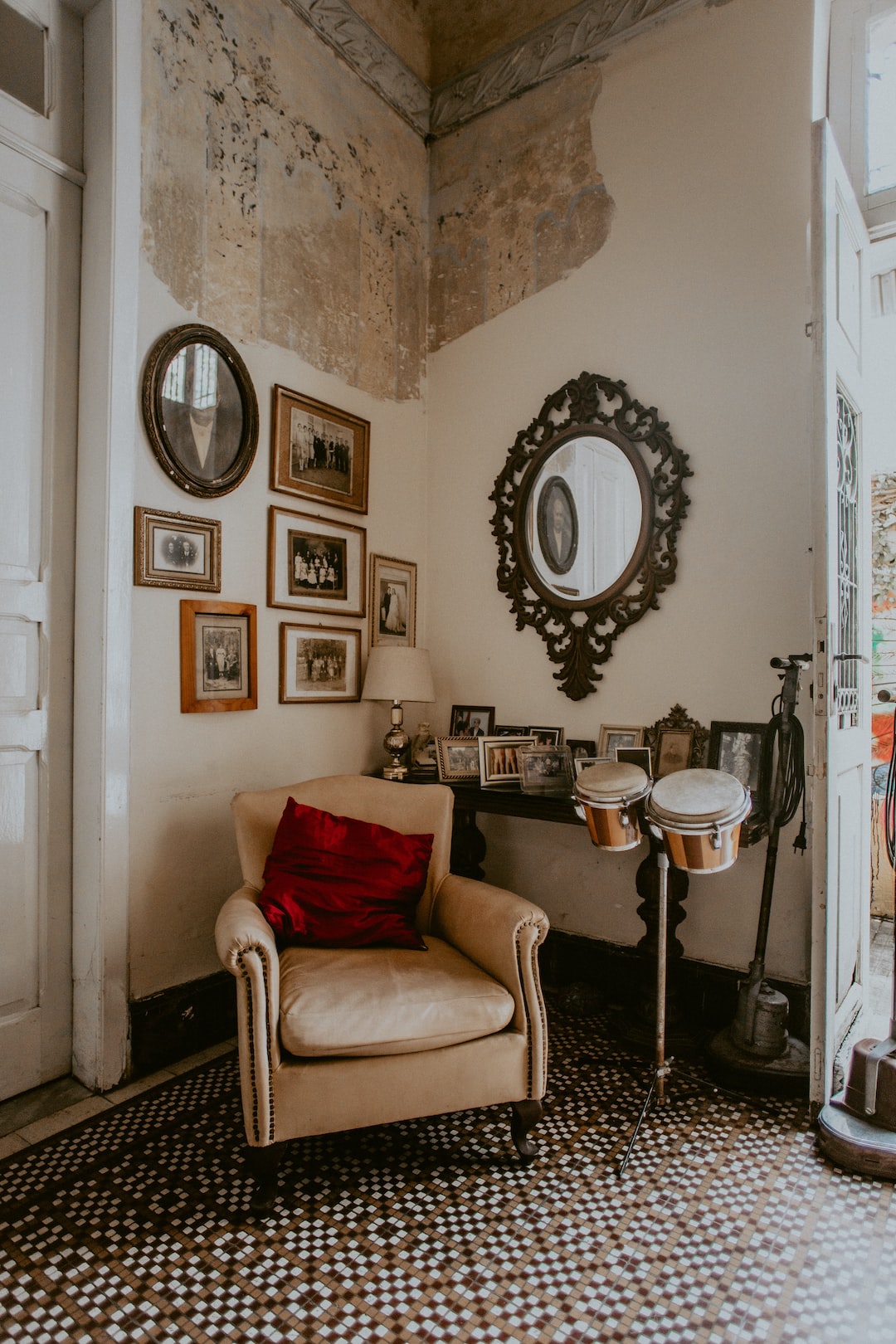
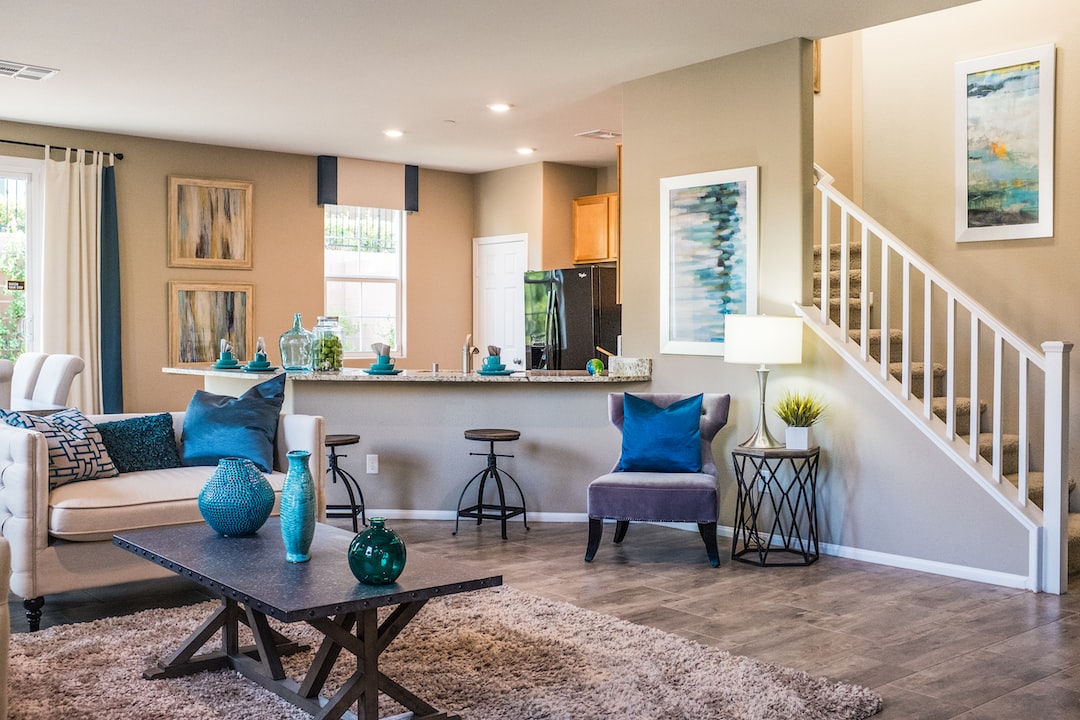
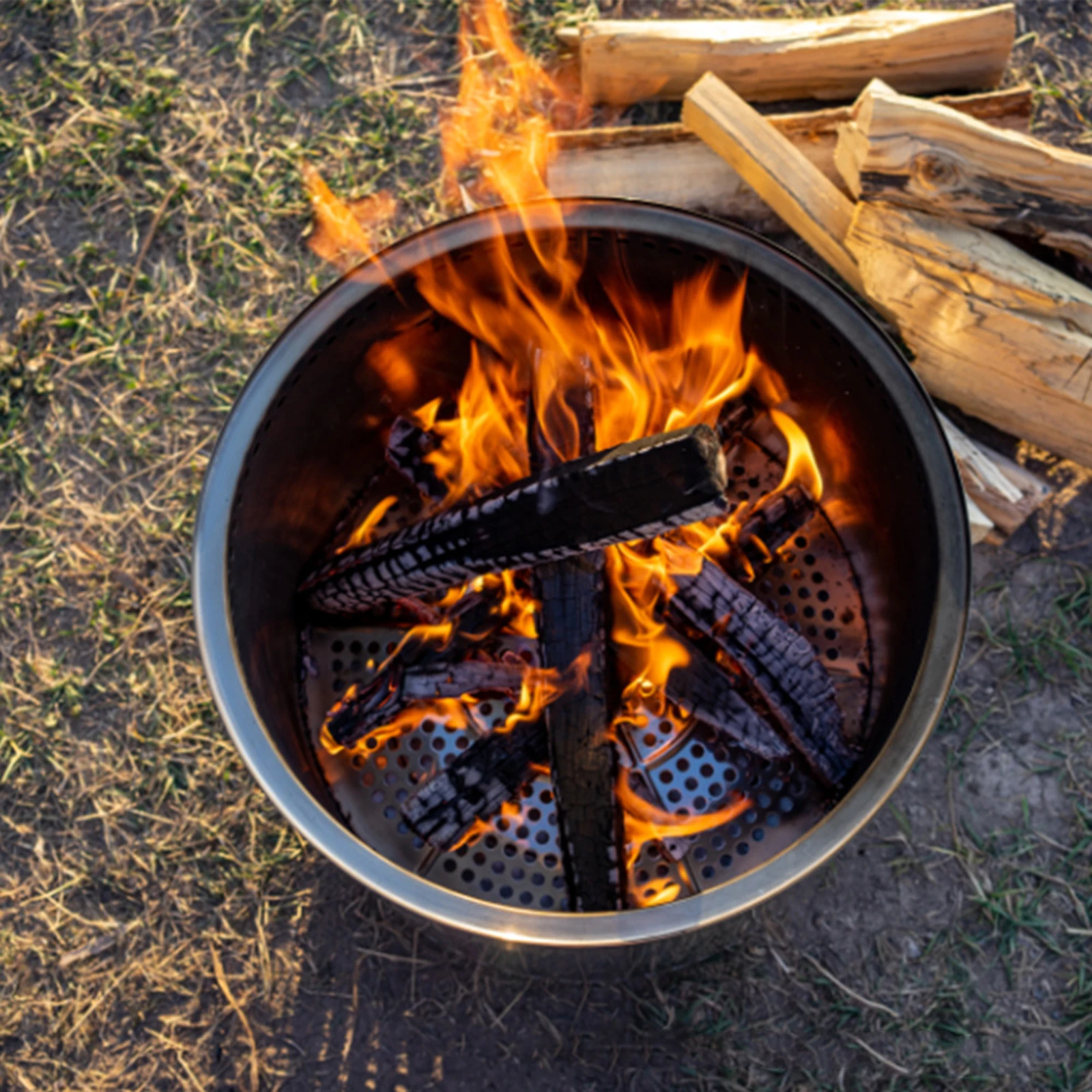
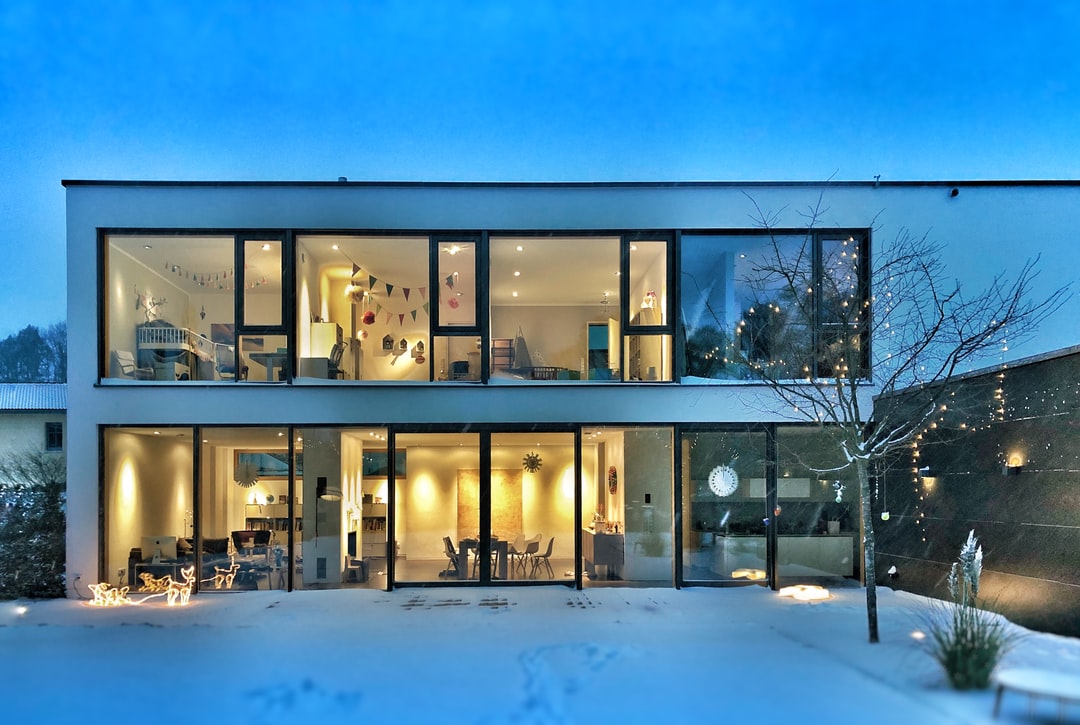
Leave a Reply
You must be logged in to post a comment.